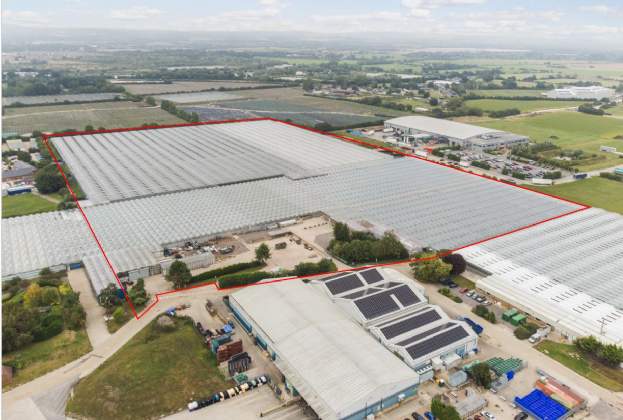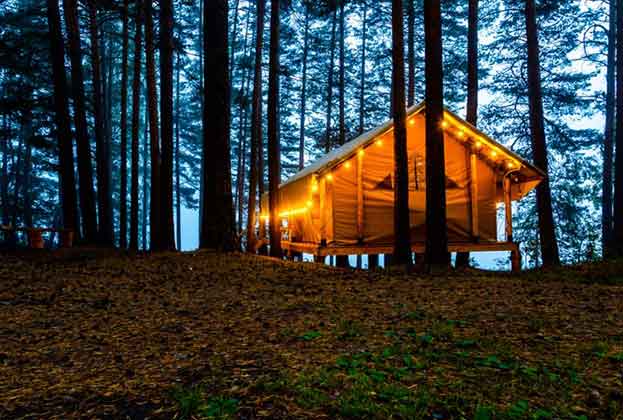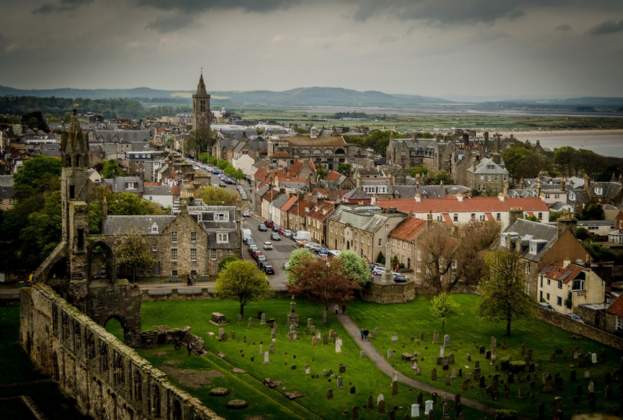With many pubs unfortunately suffering the repercussions of the Covid-19 pandemic, landlords of tenanted pubs need to play close attention to their tenants’ current state as any insolvencies where a Premises Licence is held in the name of the tenant could make re-opening after the lockdown eases very difficult.
A pub’s premises licence will lapse if the named holder goes into insolvency or surrenders the licence to the local authority (in the latter case legally they don’t have to notify their landlord). If either happens, the landlord has only 28 days to apply to protect it. If that timeframe isn’t met than the licence is revoked entirely and to re-open with a new tenant the landlord will need to begin the application process from the very beginning.
The danger here for many pub companies is that they may not be aware of their tenant’s actions, and the 28-day window may disappear without them even realising. If it does, in a few months’ time, when we hope pubs are permitted to re-open with social distancing measures in place, landlords will have a significant delay as they re-apply for licences, making recovery from the current situation even slower.
What can be done to guard against such an eventuality? There are ways and means via the local authority or Companies House to monitor if a tenant enters insolvency or hands back a licence, but none of them are watertight. The best option is to explore obtaining a ‘shadow licence’. As it sounds, this is a second licence which ‘shadows’ the premises licence on the exact same terms but normally in the name of the landlord, so it can be implemented if the main licence lapses, ensuring continuity of business.
Again, the shadow licence must be obtained from a local authority, which may add restrictions such as that the shadow licence can only be activated once they have inspected the building (we think during these exceptional times this sort of provision is fairly unlikely as many authorities will understand that doing so may push a pub into permanent closure).
There is also an annual fee attached, whether the shadow licence is ever activated or not.
For landlords and pub companies that are scrutinising their finances now more than ever a shadow licence may seem like an extra expense. But for pubs that may be able to re-open for the summer months (those with large bar gardens for instance, which can abide by social distancing) it is worth exploring it now to ensure if the worst happens you are not caught out.
In fact, we would advise looking at it as a matter of urgency as, in some cases, that 28-day clock may already be ticking.
Further information
Contact Savills Pubs, Bars & Restaurants
.jpg)


.jpg)

.jpg)

.jpg)
.jpg)
.jpg)
